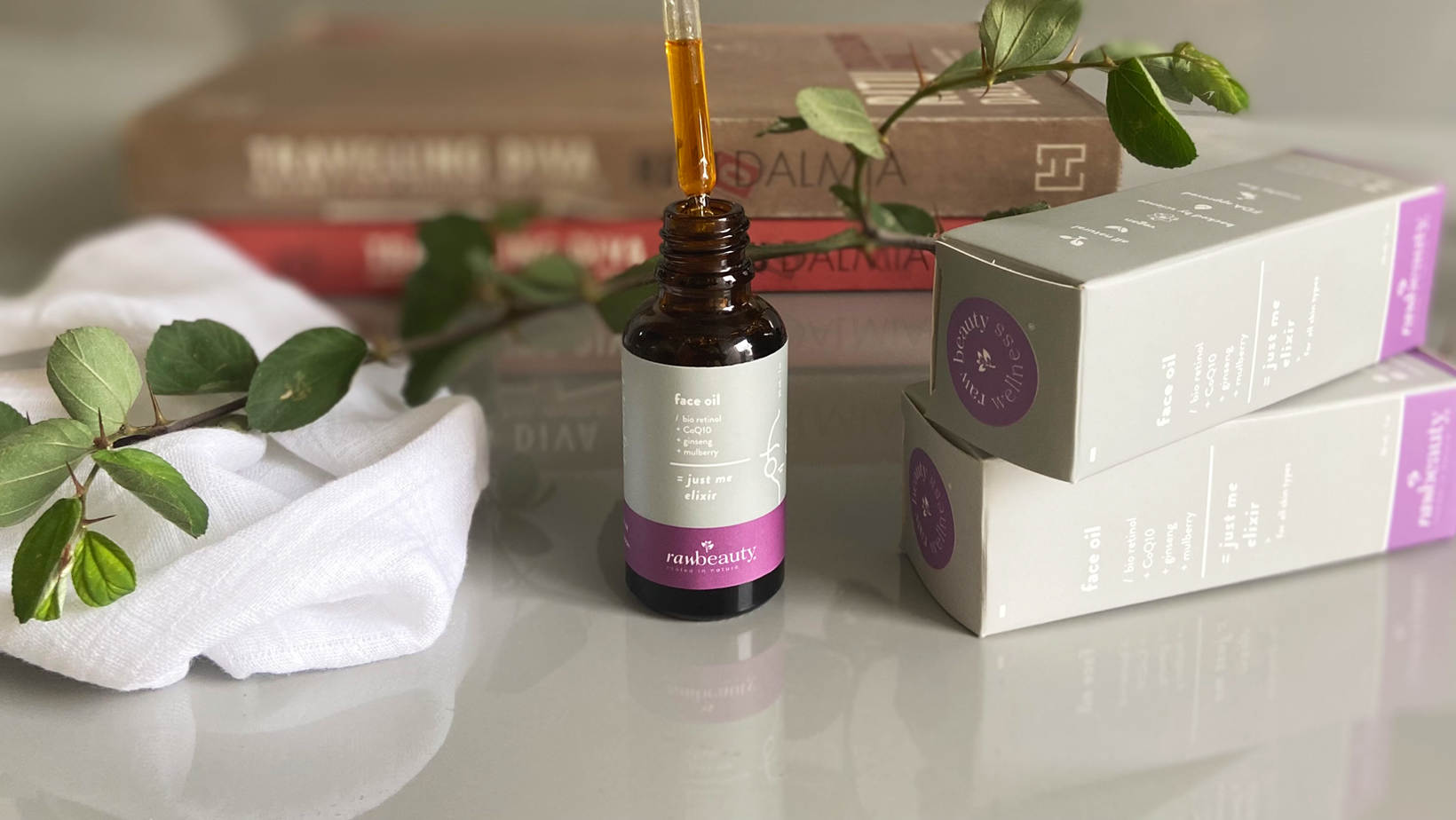
What is hyperpigmentation and how to tackle it?
How often do we find ourselves booking an appointment with a dermatologist seeking a prescription for hyperpigmentation? A lot! We all complain of our forehead being darker than the rest of our face or sudden brown spots, ageing signs, dark patches and even acne scars. All these things are due to an imbalance of the natural pigmentation and excessive melanin production in our body. It can take months or even years to get away with such stubborn marks, often referred to as Hyperpigmentation.
Today, let's dive in deep to understand everything about this skin condition and the correct skin care routine we can follow to tackle this.
What is Pigmentation?
It is the natural colour of our skin decided by the amount of melanin produced in our body. The level of melanin is determined by our genetics combined with factors like hormones, photo-damage by UV rays, lifestyle, etc.
What is Hyperpigmentation and its types?
When the levels of melanin in our skin are altered, in this case excessively increased, our skin undergoes a pigment disorder regarded as Hyperpigmentation. Here, our skin becomes darker in certain areas, giving a tanned appearance. It mostly happens due to underlying diseases such as thyroid and diabetes, hormonal imbalance especially during pregnancy, lifestyle choices, abrasive skincare and UV rays.
Types of Hyperpigmentation
There are broadly 5 types of Hyperpigmentation:
- Sun Spots/Age Spots: Sunlight often triggers the production of melanin as it acts as a shield from UV rays. Hence, exposure to sunlight for long hours often gives us brown dots and early signs of ageing.
- Post Inflammatory Hyperpigmentation: This is a temporary condition usually caused by the inflammation of the skin after an injury, a wound or scratching irritated skin.
- Melasma: Here, symmetrical brown or blue-grey discoloured patches develop on our skin. Main causes are health conditions such as diabetes, thyroid, stress or overproduction of melanin during pregnancy.
- Acne Scars: Our skin has a tendency to heal by producing skin colouring cells. Hence, after a pimple subsides, our skin is left with a dark acne mark. This condition is more prominent in brown skin.
- Freckles: Yes, even freckles are a type of hyperpigmentation which are stimulated by UV rays. They are small brown spots, often around our cheeks and nose formed due to lack of sun protection.
What does my Hyperpigmentation skin care look like?
There are a couple of active ingredients that are a part of my skincare regime for hyperpigmentation. I love using the ‘Timeless’ serum as it contains 2% Resveratrol, a plant derived antioxidant that is highly effective in treating melasma. On my lips, I use the ‘Bloody Mary’ lip mask as fruit enzymes and the natural Vitamin E in it lightens the pigmentation of the lips by gently scrubbing off the dead skin. The Bio Retinol in ‘Just Me’ face oil seeps into the skin and visibly reduces wrinkles and evens out skin tone. Lastly, the ‘Sleepover’ face and eye gel keeps my skin inflammation and cell damage due to stress and sun at bay.
Final Words
Nevertheless, my few cents to keep pigmentation in regulation would be to religiously follow a skincare routine that suits your skin type, practice a healthy lifestyle and shield your skin from the sun.
Love,
Sunayana
Frequently Asked Question related to Hyperpigmentation
Can I remove pigmentation permanently?
Removing pigmentation permanently depends on various factors such as skin type, cause of pigmentation, and treatment methods so achieving permanent removal often requires professional dermatological interventions and consistent skincare routines tailored to your skin's needs.
What is the fastest way to cure hyperpigmentation?
The fastest way to opt for ingredients like vitamin C, niacinamide, and licorice extract, which help to brighten skin and fade dark spots.
Can I lighten my hyperpigmentation overnight?
Lightening hyperpigmentation overnight isn't realistic but consistent use of gentle, natural remedies like lemon juice or aloe vera may help gradually lighten spots over time.
Can turmeric remove pigmentation?
Yes, turmeric can help reduce pigmentation due to its anti-inflammatory and antioxidant properties.
Can I apply turmeric on my face everyday?
Yes, you can apply turmeric on your face every day, but it's important to dilute it with other ingredients like yogurt or honey to avoid staining and potential skin irritation.
Leave a comment
This site is protected by hCaptcha and the hCaptcha Privacy Policy and Terms of Service apply.